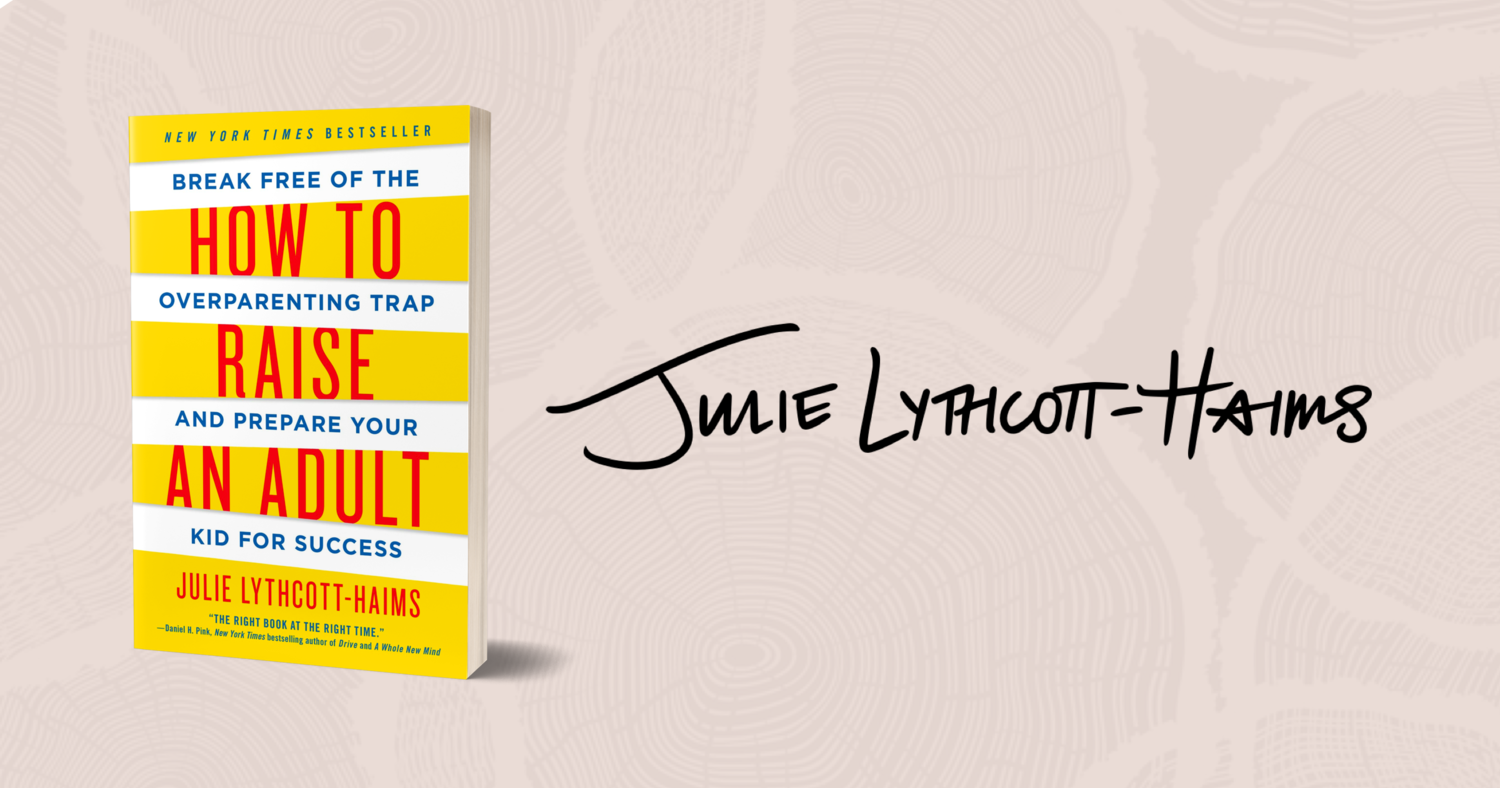

How to Raise an Adult: Break Free of the Overparenting Trap and Prepare Your Kid for Success by Julie Lythcott-Haims
Upon my return to teaching at Calumet last year after a 10-year hiatus, I was relieved to find that second graders are relatively the same as I recall: generally inquisitive, fun-loving (to a fault), and humbly responsive to loving correction. It is refreshing to be back amongst those whom Jesus said, "Unless you change and become like little children, you will never enter the kingdom of Heaven" (Matthew 18:3). And it's especially a blessing to work with students who are so fiercely loved by their parents.
How to Raise an Adult is written to parents who fiercely love their children. Borrowing from research and experience as Dean of Freshmen at Stanford University, Haims sympathetically warns against the tendency of loving parents to let fear drive them to do too much for their kids.
Many of us are aware of the dangers of helicopter parenting. Haims takes aim at a different but similar pitfall: the tendency to drive our children towards a faulty and narrow definition of life success. Afraid that their children will not succeed, parents are tempted to take the wheel of their lives and drive them to pad their college enrollment resumes, so as to ensure admittance into elite schools, and ultimately enter into the most lucrative and high-profile careers.
Even without an explicitly Christian perspective, Haims strongly critiques this worldly trend, "I've come to the conclusion that we define success too narrowly. And what's worse, this narrow, misguided definition of success has led us to harm a generation of young adults - our children." The result of inflicting such a regimented track of overscheduling and undue pressure to perform academically is a generation of students entering adulthood without life skills, without the ability to think for themselves, without resilience, and without ownership over their life because each decision has been made for them. Instead, they are overwhelmed with stress and devastated by failure.
Perhaps it is odd for our great school's inaugural book review to highlight a book that critiques parental drive for academic success. I realize this may have unintended consequences on my attempt to collect consistent weekly homework! But to be clear, Haims doesn't preach an anti-intellectual approach to parenting. Instead, she provides a fuller picture of the successful adult: one who is equipped with real-life skills, resilient, hard-working, free-thinking, and able to chart his or her own life course.
Haims' picture of the successful adult falls woefully short of the completeness in Christ described by the Biblical perspective. "To this end," as parents, we must "strenuously contend with all the energy Christ so powerfully works in us" (Colossians 1:29). Yet, her warnings are pertinent to the believing parent, for we are all susceptible to enticement by empty, worldly values. On top of this, she also provides constructive, practical advice for preparing our students for the functional aspects of life - advice I wish I had received when my own children were second graders at Calumet.
-Paul Alexander, 2nd Grade Teacher, Calumet Christian School